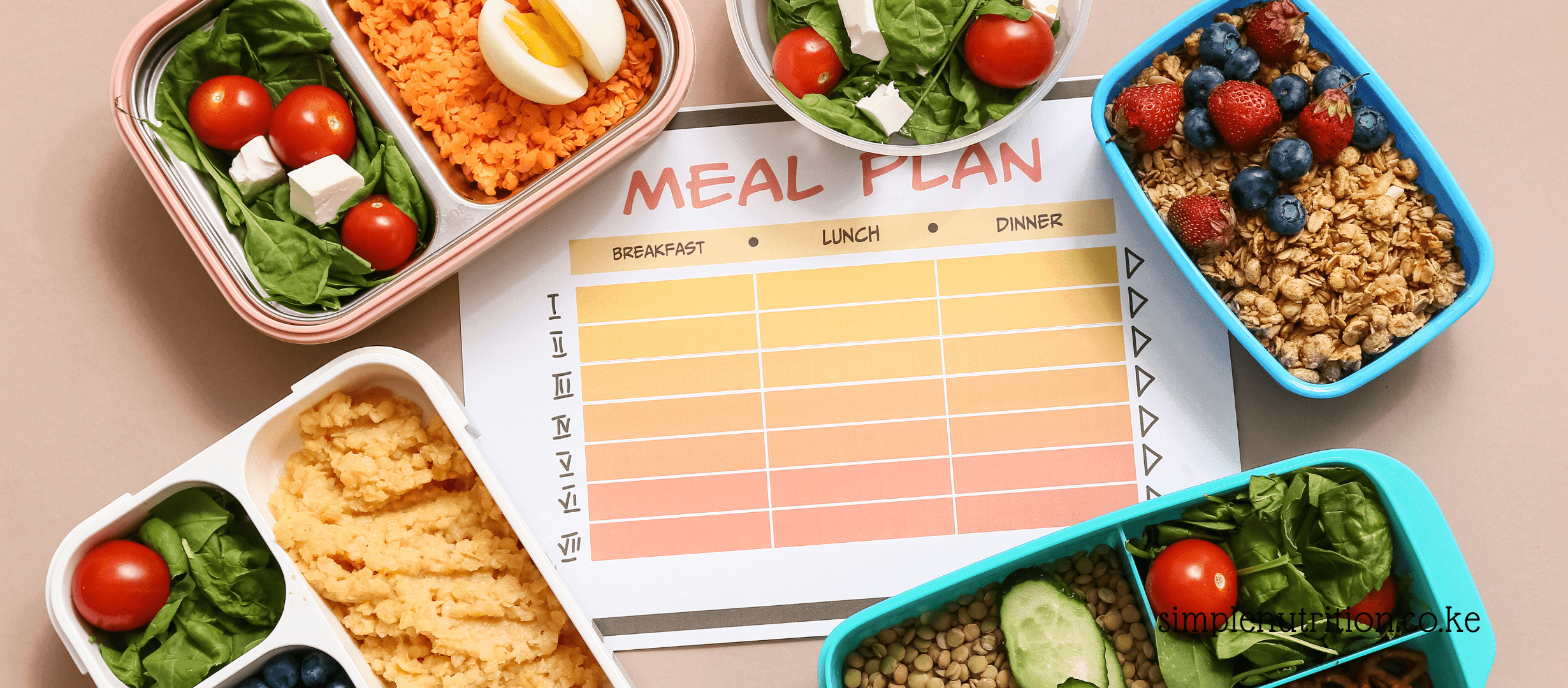Snacks are those little bites we consume between main meals to stave off hunger or provide a quick energy boost. They can vary widely in terms of nutritional value, ranging from unhealthy options like chips, cookies, and candy to healthier choices like fruits, nuts, yoghurt, or whole-grain crackers. Making mindful choices about snacks can play a significant role in maintaining a balanced diet and promoting overall health.
What are unhealthy snacks?
Unhealthy snacks are often characterized by their high levels of refined carbohydrates, unhealthy fats, and added sugars. Regular consumption of these snacks can indeed contribute to weight gain and increase the risk of developing conditions like diabetes and hypertension.
What are healthy snacks?
Healthy snacks like whole fruits, blended juices (especially when made with whole fruits and vegetables), nuts, and seeds can be excellent choices for supporting weight management and overall health. They’re typically rich in essential nutrients like vitamins, minerals, fibre, and healthy fats, which can help keep you feeling satisfied and energized between meals without causing spikes in blood sugar levels. Additionally, these snacks tend to be lower in calories compared to many processed snacks, making them beneficial for weight loss or weight maintenance goals. Incorporating these nutritious options into your diet can indeed help prevent unintentional weight gain while promoting a healthier lifestyle.
Here’s a list of 5 healthy snacks that are good for weight loss;
Nuts
While nuts like peanuts, cashews, and almonds do contain some protein, their primary nutritional benefits for weight loss come from their high fibre and healthy fat content. Fibre helps you feel full and satisfied, which can prevent overeating and support weight loss efforts. Additionally, the healthy fats in nuts, such as monounsaturated and polyunsaturated fats, have been shown to promote satiety and contribute to overall health.
Nuts are convenient and portable, making them a convenient snack option for people on the go. However, it’s essential to practice portion control with nuts because they are energy-dense foods, meaning they contain a significant amount of calories in a small volume. Enjoying nuts in moderation as part of a balanced diet can indeed contribute to weight loss and overall well-being.
Why is dietary fibre important?
- Digestive health: Fiber adds bulk to your stool, which helps prevent constipation and promotes regular bowel movements. It can also alleviate symptoms of conditions like irritable bowel syndrome (IBS) and diverticulosis.
- Weight management: High-fiber foods are generally more filling than low-fiber foods, so they can help you feel satisfied with fewer calories. This can aid in weight management by reducing overall calorie intake and preventing overeating.
- Blood sugar control: Soluble fiber, found in foods like oats, beans, and apples, can slow the absorption of sugar into the bloodstream, helping to stabilize blood sugar levels. This is especially important for people with diabetes or insulin resistance.
- Heart health: Fiber has been shown to lower levels of LDL (bad) cholesterol, which can reduce the risk of heart disease. It can also help lower blood pressure and inflammation.
- Healthy gut microbiome: Fiber serves as food for the beneficial bacteria in your gut, promoting a diverse and healthy microbiome. A healthy gut microbiome is associated with better digestion, immune function, and even mood regulation.
A good snack should be;
- High in protein,
- high in fibre,
- healthy fats, and
- low in carbohydrates.
Fruits
Fruits are indeed powerhouse sources of essential vitamins, minerals, and dietary fibre, making them an integral part of a healthy diet. Here’s a breakdown of some of their key benefits:
- Vitamins and minerals: Fruits are rich in a variety of vitamins, including vitamin A (important for vision and immune function), vitamin C (a powerful antioxidant that supports immune health and collagen production), vitamin E (another antioxidant that helps protect cells from damage), and vitamin K (crucial for blood clotting and bone health). They also provide minerals like potassium, which is important for heart health, and magnesium, which is involved in hundreds of biochemical reactions in the body.
- Fiber: Fruits contain both soluble and insoluble fibre, which are essential for digestive health, weight management, and blood sugar control. Fiber adds bulk to your stool, helps prevent constipation, and promotes a feeling of fullness, which can aid in weight loss and weight maintenance.
- Antioxidants: Many fruits are rich in antioxidants, which help neutralize harmful free radicals in the body and reduce the risk of chronic diseases like heart disease, cancer, and diabetes.
- Hydration: Fruits have high water content, which can help keep you hydrated and support overall hydration levels, especially in hot weather or during physical activity.
- Versatility: Fruits can be enjoyed in a variety of ways, whether eaten whole, blended into smoothies or juices, or added to salads, desserts, or savory dishes. Each fruit offers a unique combination of nutrients and flavors, so incorporating a variety of fruits into your diet ensures you get a broad spectrum of health benefits.
Boiled eggs
- Protein content: Eggs are an excellent source of high-quality protein, containing all the essential amino acids our bodies need for building and repairing tissues, as well as supporting various bodily functions.
- Convenience: Boiled eggs are convenient to prepare and easy to carry around, making them a portable and practical snack option for busy days or when you’re on the go.
- Satiety: The protein and fat in eggs can help promote feelings of fullness and satiety, which may help prevent overeating and keep hunger at bay between meals.
- Moderation: While eggs are nutritious, it’s recommended to consume them in moderation as part of a balanced diet. Three to four eggs per week is considered a moderate intake and can provide beneficial nutrients without overdoing it on cholesterol or saturated fat.
Porridge/ oatmeal
- Nutrient-rich: Porridge made from whole grains like oats or millet is a good source of complex carbohydrates, fiber, vitamins, and minerals. It provides sustained energy and can contribute to overall health and well-being.
- Ease of preparation: Porridge is simple to cook and requires minimal ingredients, making it a convenient option for busy mornings or as a quick snack.
- Suitable for weaning: As babies transition to solid foods during weaning, porridge can be a gentle and nutritious option to introduce. It can be easily adjusted in consistency to suit their developmental stage and dietary needs.
- Versatility: Porridge can be customized with various toppings and additions to enhance its flavor and nutritional profile. Adding protein-rich foods like nuts, seeds, or soybeans can boost its protein content, while adding fruits like berries or bananas can provide additional vitamins and antioxidants.
- Digestive health: The fiber content in porridge can support digestive health by promoting regular bowel movements and preventing constipation, both in babies and adults.
- Satiety: Porridge is filling and can help keep hunger at bay, making it a satisfying snack or meal option that can contribute to weight management goals.
Smoothie
- Nutrient-rich ingredients: Smoothies can be packed with a variety of nutrient-rich foods like fruits, vegetables, dairy or plant-based milk, yogurt, and nuts. This allows you to easily incorporate a wide range of vitamins, minerals, antioxidants, and fiber into your diet in one delicious drink.
- Control over ingredients: By making your own smoothies at home, you have full control over what goes into them, ensuring that you’re using fresh, high-quality ingredients without added sugars, preservatives, or artificial flavors.
- Easy to make: Smoothies are incredibly easy and quick to prepare, requiring minimal time and effort. Simply toss your chosen ingredients into a blender, blend until smooth, and your nutritious meal or snack is ready to enjoy.
- Healthier alternative to sugary drinks: Compared to carbonated drinks and other sugary beverages, smoothies offer a much healthier option that can help support weight management and overall health. They provide natural sweetness from fruits without the added sugars and empty calories found in many soft drinks.
- Versatility: The possibilities for smoothie combinations are endless, allowing you to customize your drink to suit your taste preferences and dietary needs. You can experiment with different fruits, vegetables, proteins, and flavorings to create a variety of delicious and satisfying smoothies.
Discover more from Simple Nutrition
Subscribe to get the latest posts sent to your email.



